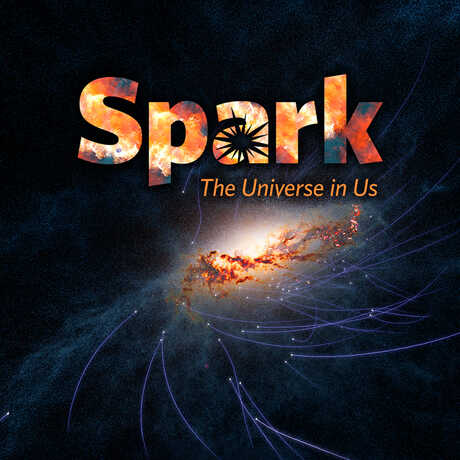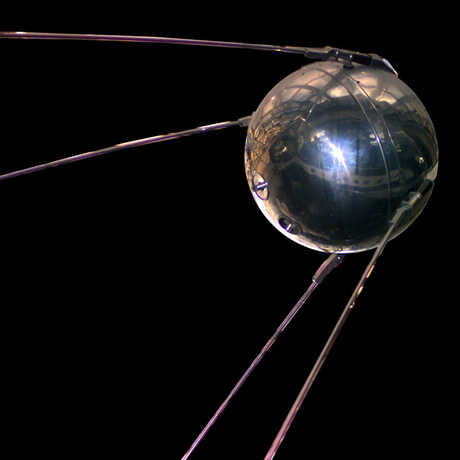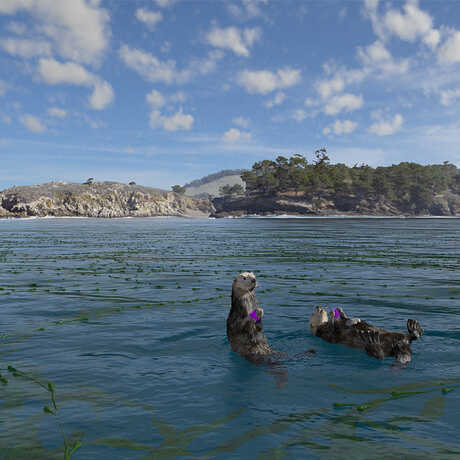Passport to the Universe
Narrated by Academy Award-winner Tom Hanks, Passport to the Universe takes audiences on an interstellar odyssey that the New Yorker calls “as exciting as anything in a theme park.”
Journeying from our Solar System to the Virgo Supercluster and back again, you’ll get an astronaut’s-eye view of the incredible objects that constitute our Universe—and an inspiring reminder of the limitlessness of human imagination and ingenuity.
Planetarium shows may not be appropriate for children under 7, and we regret that we cannot permit any child under 4.
Now Playing!
Multiple showtimes available daily—check the Daily Calendar for the latest showtime information. Reserve your free showpasses at the planetarium pass pick-up desk across from the planetarium entrance.
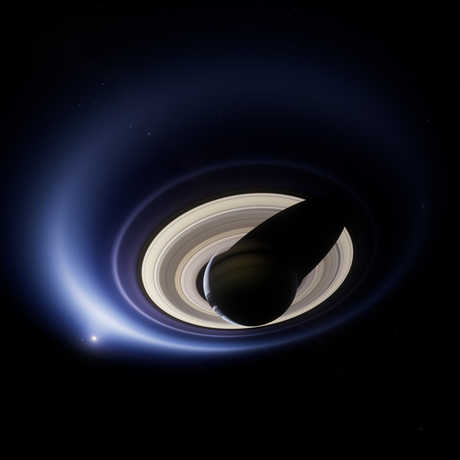
Stellar Perspectives
From our Solar System to the Virgo Supercluster, Passport to the Universe offers an astronaut’s-eye view of the incredible objects that constitute our Universe—including stunning new visualizations of the Orion Nebula derived from recent observations by the Hubble Space Telescope.
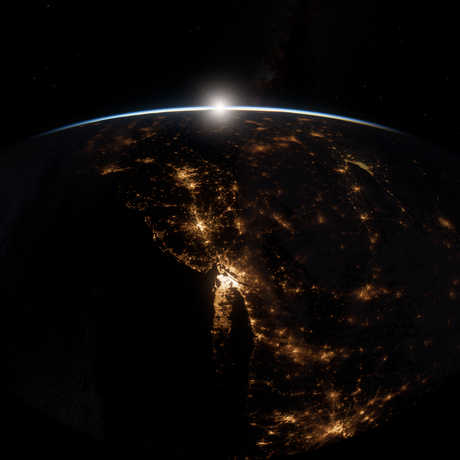
Cosmic Questions
We may just be small specks of what Carl Sagan called “star stuff,” but Passport gives us humans plenty of big things to ponder. For example: For every star that we can see, there are 50 million more that we can’t. And that's just in the Milky Way!
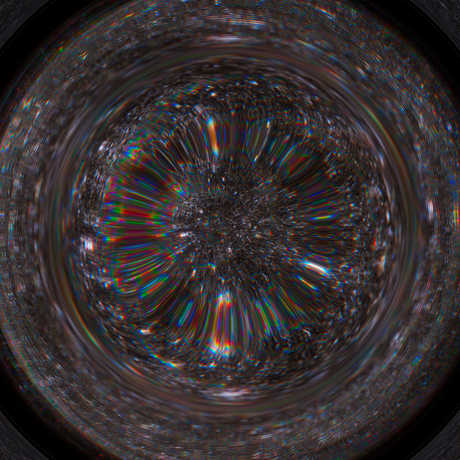
Full-Throttle Thrills
Enjoy an electrifying fly-by of Jupiter, Saturn, and the star-studded spiral arms of our Milky Way galaxy...before plummeting back to Earth through a mind-bending black hole. Inside one of the largest all-digital planetarium domes on Earth, every seat is the captain's seat.
All photos © AMNH
Passport to the Universe was developed by the American Museum of Natural History, New York (amnh.org) in collaboration with the National Aeronautics and Space Administration (NASA). Major support for new version provided by the California Academy of Sciences, San Francisco.



